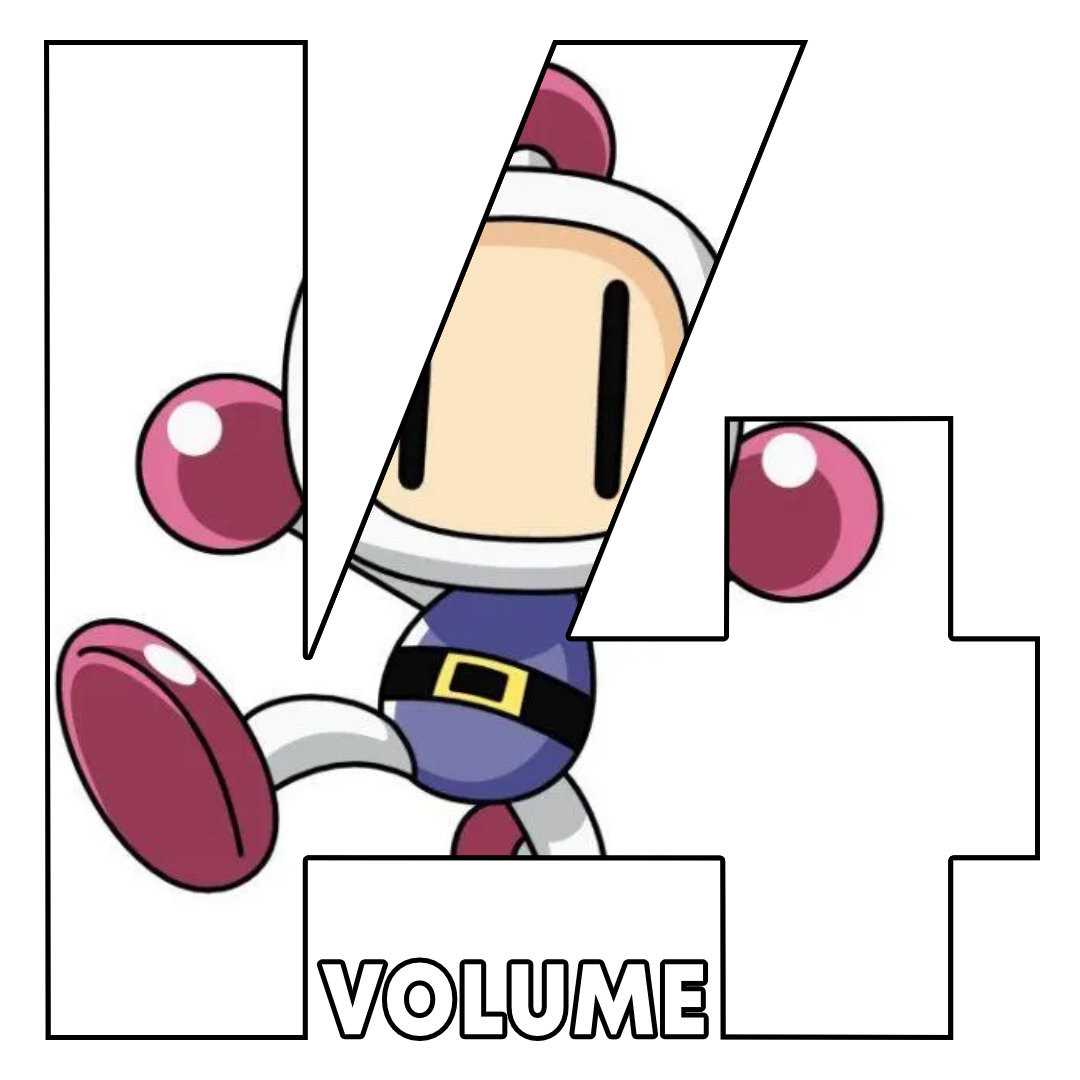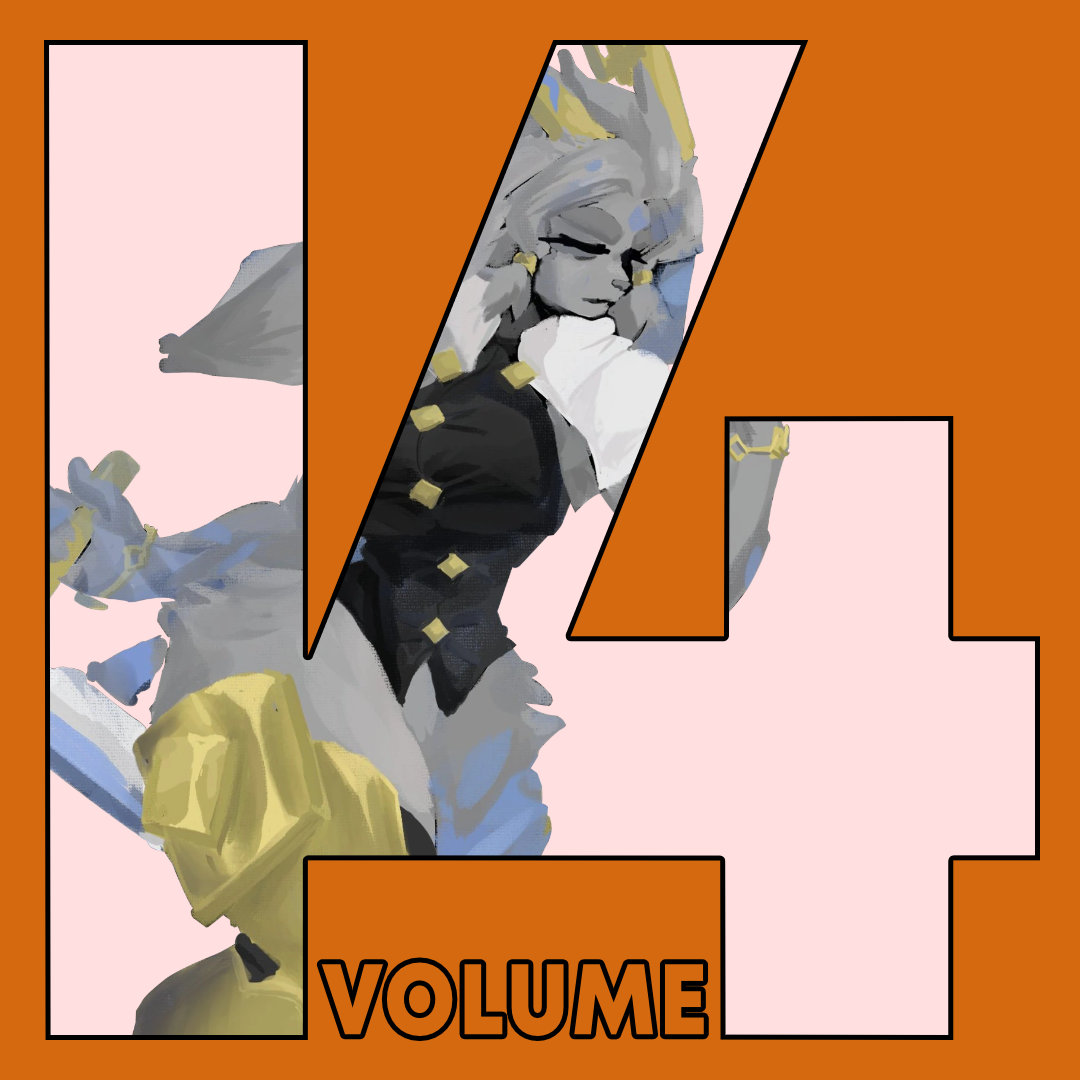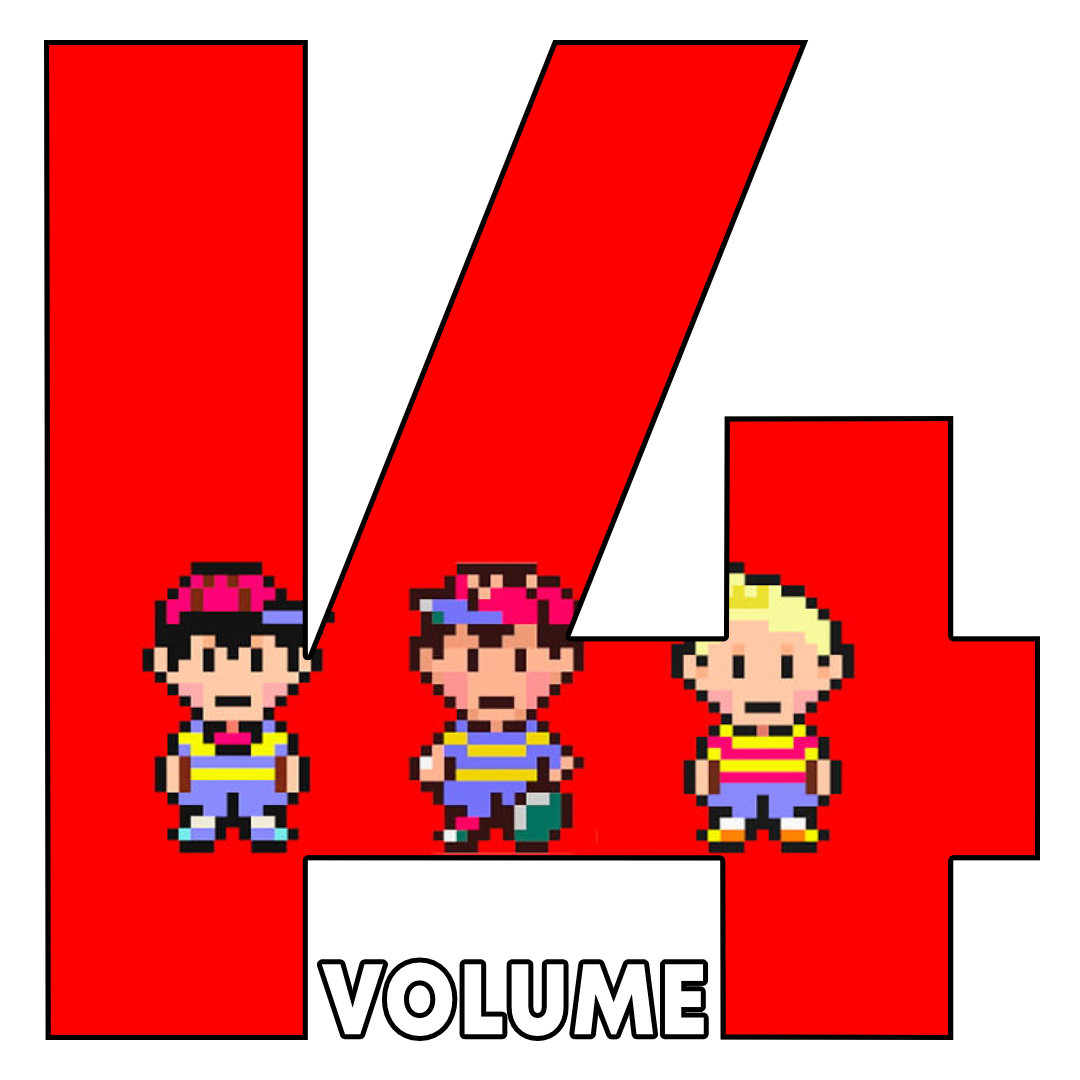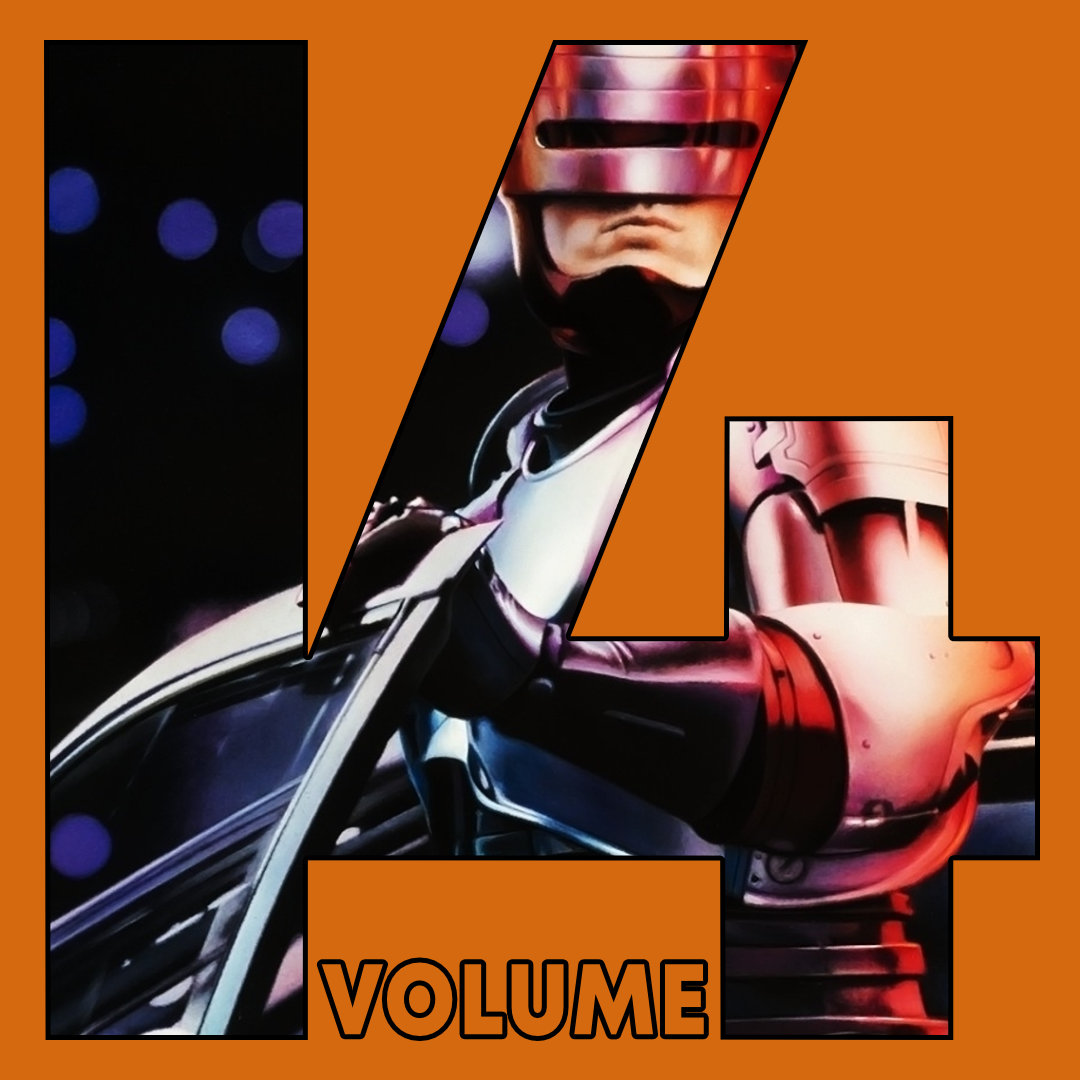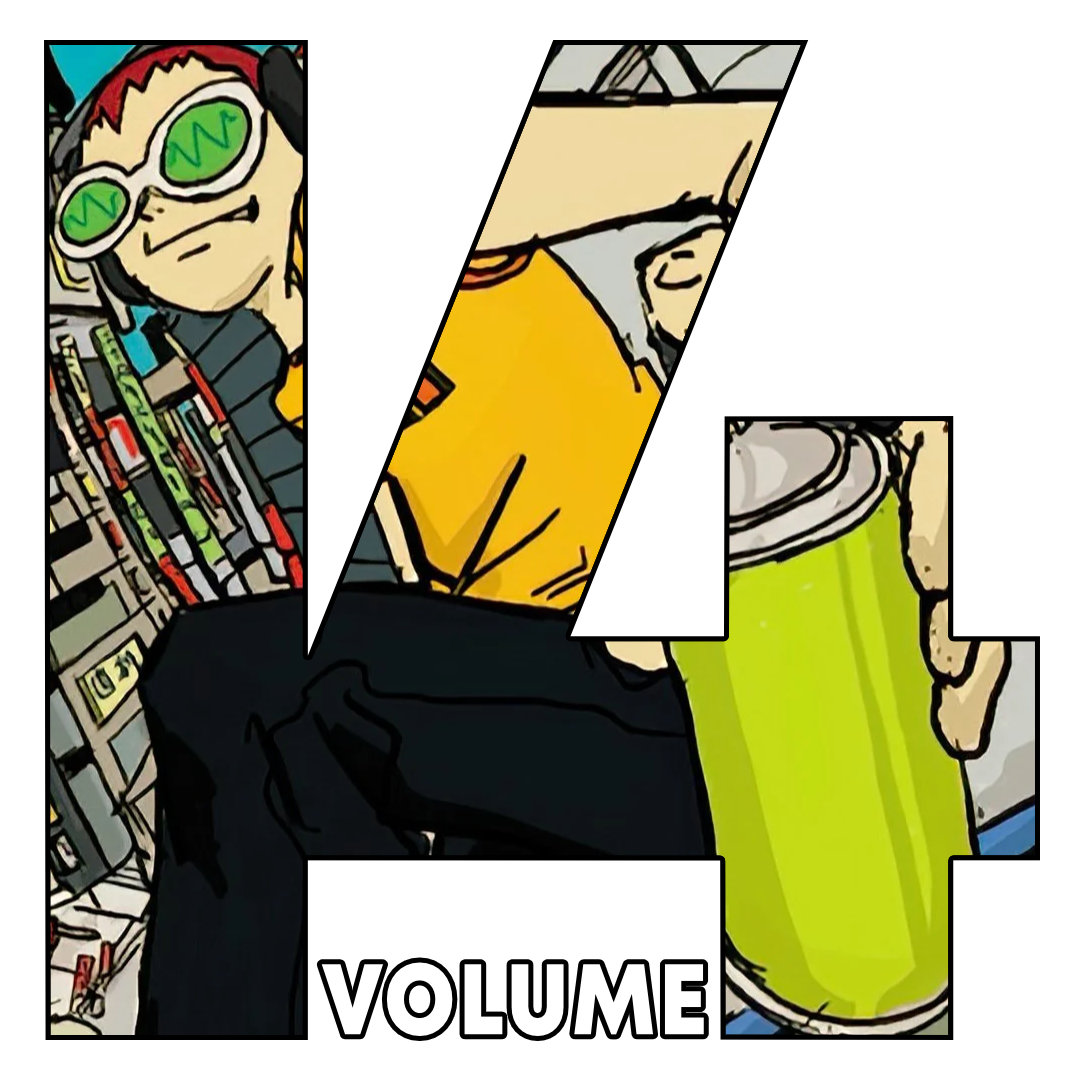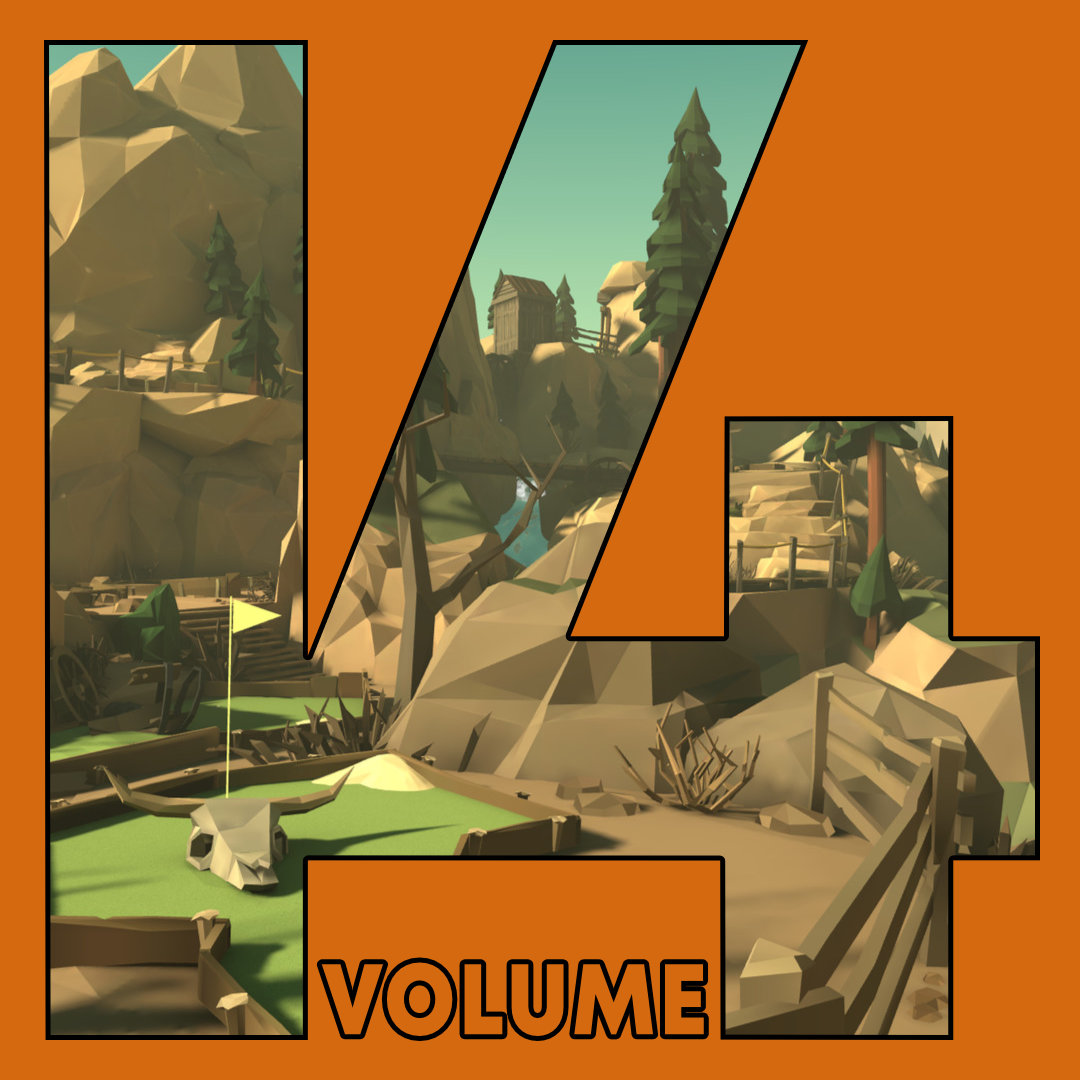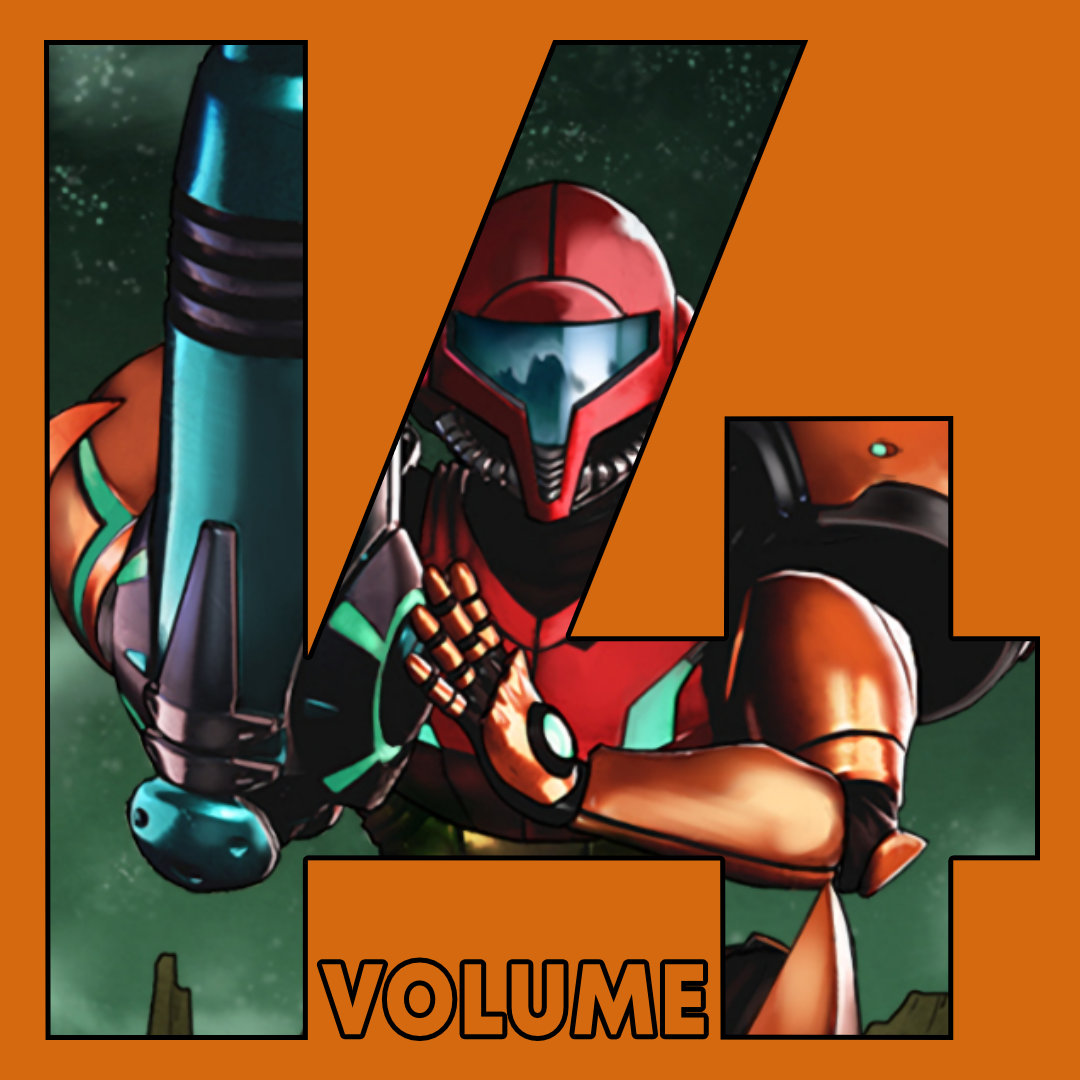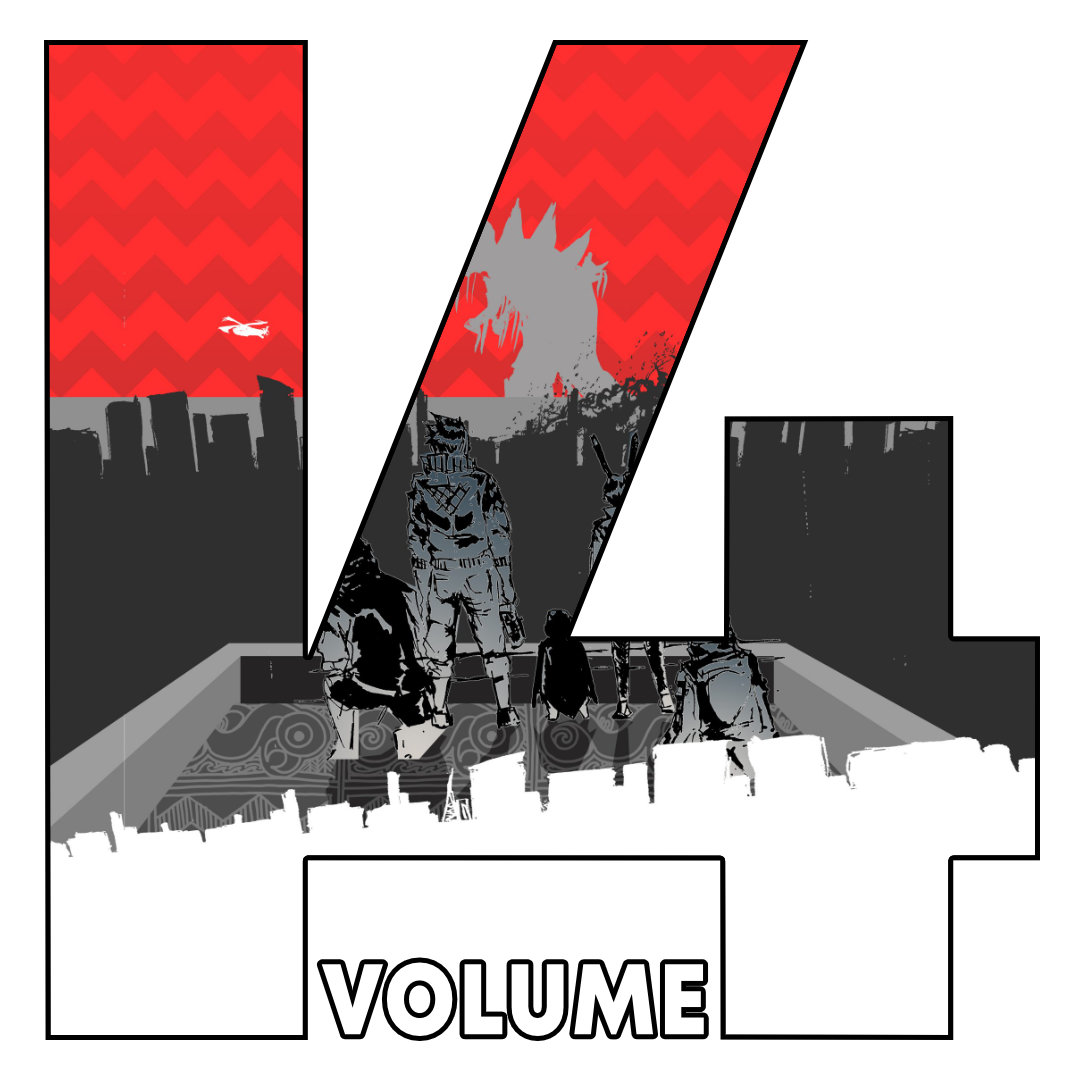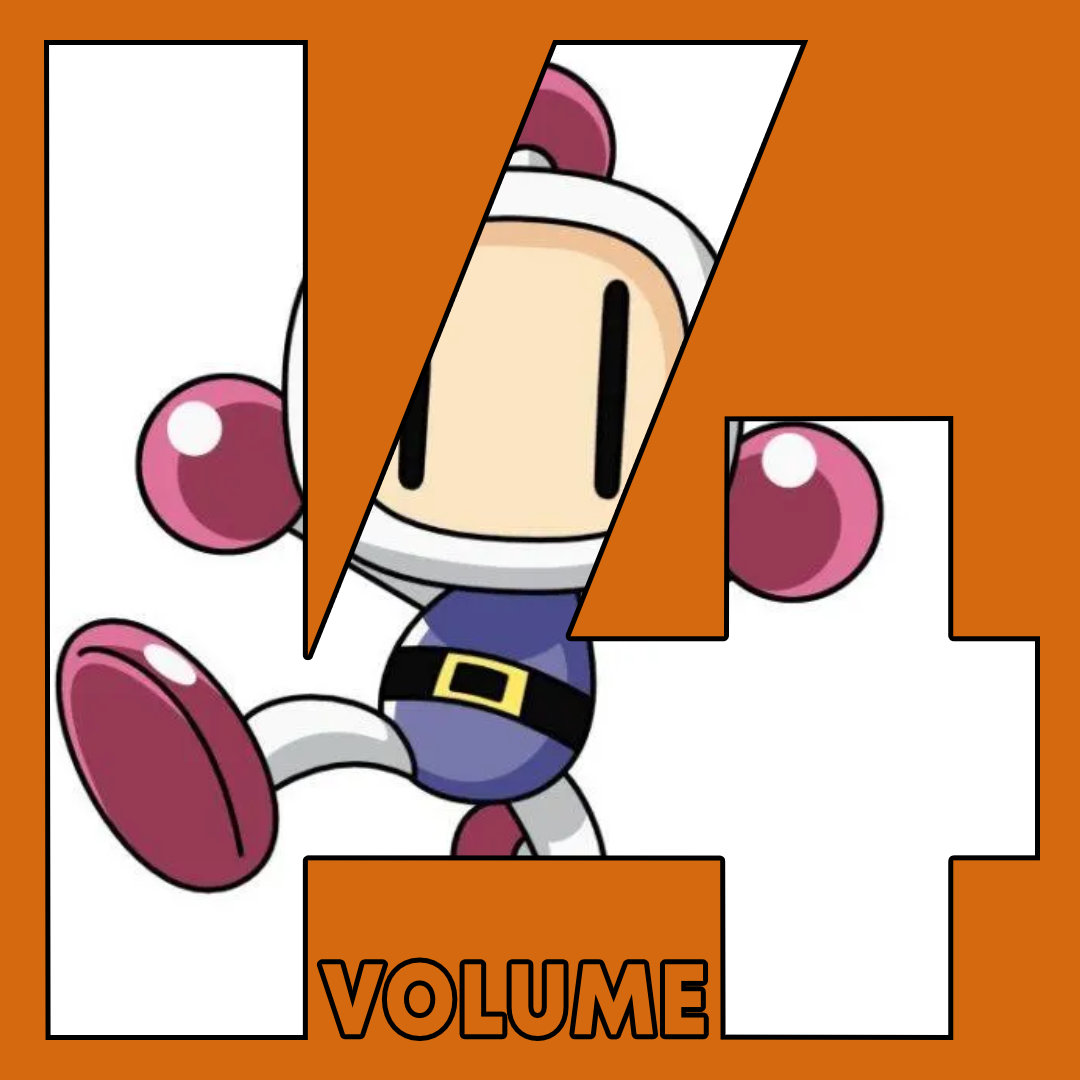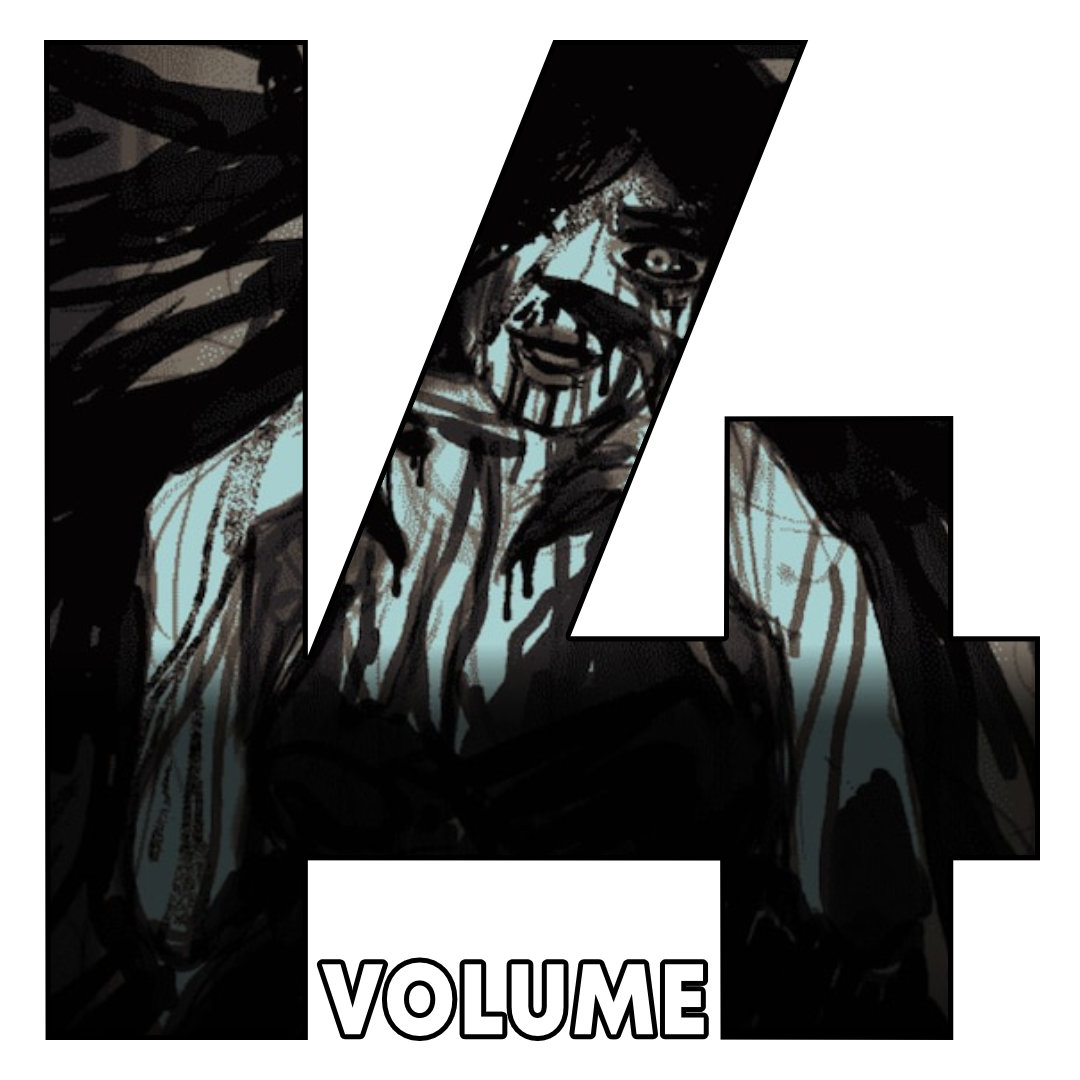XYLA Entertainment’s Rush Bros is a tale of two brothers, Bass and Treble, together a superstar DJ duo.
Sadly all is not well in the house of Rush, and the Bros go their separate ways, into successful solo careers. When Bass and Treble meet again, they are in head-to-head competition… via the medium of the 2D platformer, of course!
Forget everything you’ve just read. Aside from Rush Bros being a 2D platformer, none of it matters one iota beyond scene setting. What said setting does provide, however, is impetus behind music choices that will relentlessly batter your eardrums into pulp. And, yes, since you ask, that’s a very good thing indeed. Pick of the music is ANiMAL’s I Am Fire, which I include below as it will inform as to your likely mileage with Rush Bros.
[audio:http://caneandrinse.com/wp-content/uploads/2013/06/iamfire.mp3]Rush Bros is a strange beast; inconsequential setting meets seat-of-your-pants music, and the jarring juxtaposition continues with aesthetic. Bold, vibrant foregrounds provide the platforms and obstacles to be traversed, whilst the painterly backgrounds evoke (they may actually use) album cover art. The effect is dramatic in several of the game’s 41 levels and provides variety in a simple, smart way.

There are problems with the look of Rush Bros, though. Many of the moving obstacles are coloured blocks, and it’s often difficult to distinguish those that will furnish instant death from those that strike a more inert pose.
Levels are equally inconsistent. Some have the player retracing steps to find a key or a door, prizing exploration over challenge. Other levels, the little bastards, see the player chased by a wall of spikes. These relentless soldiers of doom herald an altogether different attitude towards the player. Here, death is greeted by an unceremonious return to the beginning of the level with everything reset.
One such level, Level 40, was the bane of my life for two solid hours of the six I spent with Rush Bros. Precious inches of progress were repeatedly erased by silly mistakes or new, unforeseen traps (some of which crossed into the realm of the unfair). And I loved it!
I may have been spiralling into maddening depression, but that was a good thing as it transpired. Rather than take my word for it, let me show you…
On such levels, Rush Bros strives for Meat Boy, and that very reaching is worthy of note. Late in the game the player is tested on their ability to control the speed of a wall slide. This is taught implicitly through gameplay and is a subtle push in the small of a player’s back that represents Rush Bros at its best. Unfortunately there are several reasons that keep the likes of Team Meat out of sight of Rush Bros. I’ve already pointed the finger at the confusing visual cues and level types, but there’s something bigger. Let us try and discover it together.
I want you to read this as slow as you can.
The epitome of any 2D platformer is…
No, not nearly slow enough. Take your time, there’s no rush. Now, where was I?
It’s imperative for a platformer to really…
Okay, still too fast. Try reading the following paragraph at a maximum of one word every second. Trust me.
One thing that is common to platformers that resonate most strongly with me is the sense of flow that comes from a balance between speed and control. If one or other is not pitch-perfect then the game feels as stuttering and disjointed as this sentence must feel when read at one word per second.
Perfect! Or perhaps not.
I give credit to XYLA Entertainment, not once did I feel like I was let down by ill-conceived, or badly-implemented controls. For a game with incredibly high-tempo music, however, it’s just too slow – pedestrian is not an overstatement. The player can hurry things along somewhat using the slide button (I hope that’s a Castlevania nod), but Rush Bros could really use a run button instead. So slow was it that for the first 20 levels I didn’t even realise that the moving obstacles were timed to the beat of the music, because I didn’t have to. Rush Bros should have urged me to understand the core link between the music and the environment around me through its speed. But it didn’t, and I didn’t.

Rush Bros’ multiplayer was a mixed bag too. Accepting challenge races from other players mid-game is a great inclusion, and so central to the design that the option is turned on by default. Unfortunately, whenever I started a level with this option enabled I was left indefinitely stranded in a lobby. Thankfully, matchmaking is an option too, and Darren Gargette and I enjoyed a bit of head-to-head competitive platforming for your perusal.
Given my reservations, it may seem something of an about face that I appeal to you now to pay attention to XYLA Entertainment. Rush Bros has fantastic music, custom soundtrack integration and incorporates handy controls for switching tracks on the fly. It attempts to integrate music and gameplay in an interesting way that had me testing out different music choices on tougher levels.
When Rush Bros demands more of its players it lets them peek behind the curtain at the “side-scrolling music reactive platformer” that it aimed to be. Rush Bros is a game of strong ideas undermined slightly in execution, but I will remember it for its musical aspirations. If you’re feeling the urge to hear I Am Fire again you just might enjoy Rush Bros too.
Rush Bros was Greenlit on Steam and is available there now. This review was of a publisher-provided Steam copy.


